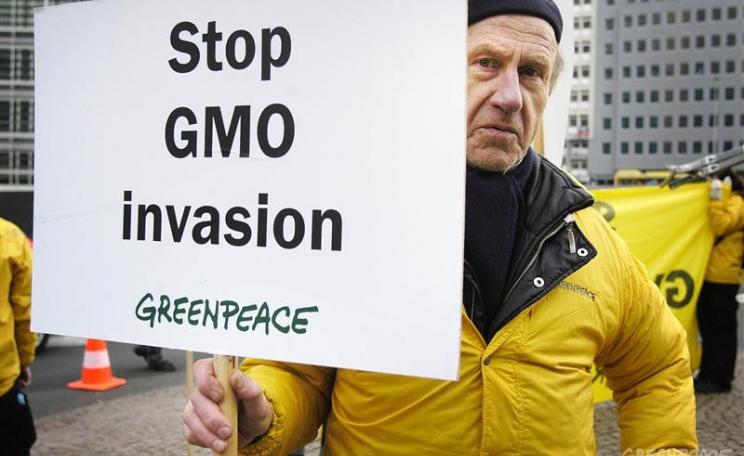There is an old saying: if something sounds too good to be true, it probably is.
In the current scramble to face up to the realities of climate change and the current peak oil demand, pundits on both sides of the ecological debate have embraced the concept of biofuels – renewable fuels derived from vegetable matter – as an effective solution to the impending global crisis.
The theory seems simple enough. By burning plant-derived energy we are burning a carbon-neutral fuel, because the CO2 released through combustion of plant fuels is equal to what the plant took out of the atmosphere in the first place.
But the science is far from complete, the energy savings far from convincing and, although many see biofuels as a way to avoid the kind of resource wars currently raging in the Middle East and elsewhere, going down that road may in the end provoke a wider series of resource wars – this time over food, water and habitable land.
The scale of Bush’s and others enthusiasm for biofuels, seems, once one knows the details, to make little sense. Except perhaps as one of the biggest global investment opportunities in decades.
Currently politicians, global food and fuel corporations and biotech companies are all vying for position. The pieces are shifting so radically and so quickly on the global chessboard that food multinationals like Unilever, fearful of a marketplace that pits food against fuel, now find themselves using words like ‘deforestation’ and ‘sustainable farming’ and rubbing shoulders with non-governmental organisations who have been so critical of them in the past.
To make the numbers work, the biofuels industry is being propped up by substantial discounts in fuel duties, tax breaks and subsidies, import bans and the government mandates to implement them. Without these, biofuels – particularly the first-generation biofuels, bioethanol and biodiesel – would never find their way to the forecourt.
Simply replacing our fossil fuels with biofuels, however, misses the point: it is not the world’s ability to supply us with energy that is the problem, but our inability to know when to stop consuming. To solve this we need to look carefully at our total energy landscape: how we use our cars, how we heat our homes and how we design our houses, flats and public buildings, how we plan our communities, how and where we grow our food, the ‘environmental footprints’ of all the things we consume. Without attention to these details the energy crisis will only deepen.
In conceiving real solutions we need to be able to look to models of genuine sustainability – many of which exist on the local scale – rather than those that promote the illusion of sustainability at a national or global level. Brazil is a good example of this illusion. Biofuel enthusiasts often point to that country as a model for all that is good about the biofuel revolution. Yet Brazil is a troubled country.
Its sugar-cane industry is built on the back of slavery and low wages. It is now converting half of its sugar harvest into bioethanol and, while 40 per cent of Brazil’s cars may be running on this fuel (the figures are not at all clear, since many ordinary people have switched back to petrol as the market price for bioethanol there has risen), the country’s rich and diverse landscape is rapidly being ploughed under to make way for more plantations, which will produce more ethanol for home and export markets. These days, 80 per cent of Brazil’s greenhouse gas emissions come not from cars but from deforestation.
In the articles that follow, The Ecologist examines the biofuels phenomenon from a range of different perspectives, including those of farmers, car manufacturers and conservationists. We tackle the myths that fuel the current fervour for biofuels, the GM agenda behind their promotion and propose simpler, smaller, more localised solutions that can make a difference to the energy crisis.
What is clear is that biofuels can only ever make a smallscale contribution to our energy demands. Jeffery Dukes, author of Burning Buried Sunshine: the human consumption of ancient solar energy, has calculated that, at current rates of use, we burn up four centuries’ worth of fossilised animals and plants in the forms of oil, coal and gas. Without positive, even aggressive, efforts to reduce the world’s overall use of energy, their contribution on a global scale will be too little and too late, and may even promote greater damage to the environment over the long term.
Conservation and moderation are a hard sell both to industry and the average ‘consumer’. But it is clear that to avoid dealing with the politically unpopular need to reduce fossil fuel consumption, our leaders are throwing their weight behind expensive programmes involving alternative fuels that distort the marketplace and are unlikely to produce substantial benefits for decades, if in fact they produce any benefits at all.
Pat Thomas is The Ecologist’s health editor
This article first appeared in the Ecologist March 2007






